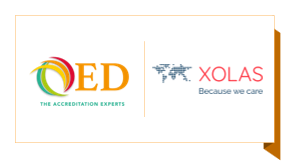
The strategic alliance between QED and XOLAS marks an exciting new stage in the growing relationship between these two higher education advisory firms.

The strategic alliance between QED and XOLAS marks an exciting new stage in the growing relationship between these two higher education advisory firms.
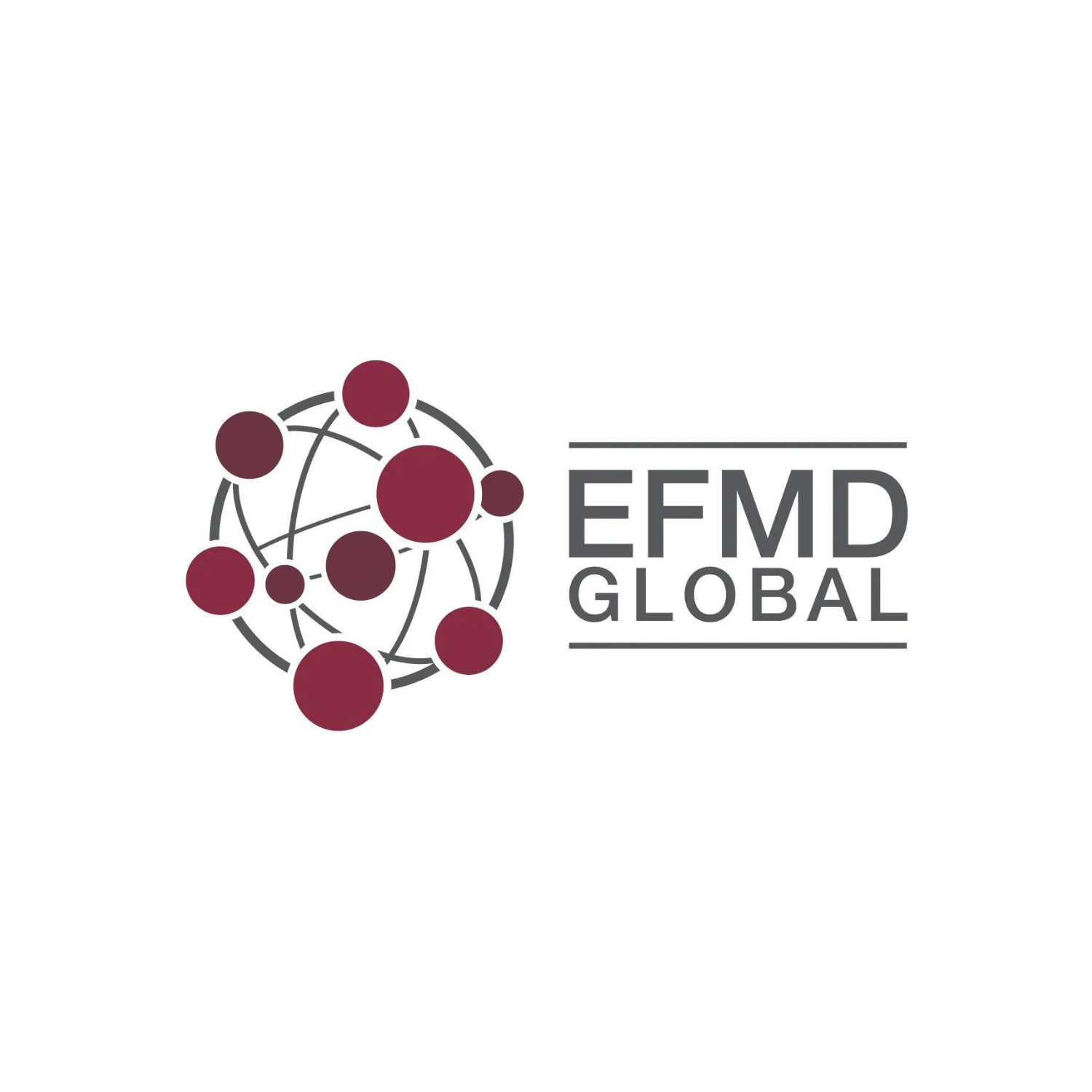
In June 2022, we attended EFMD’s Annual Conference in Prague. The theme of the event was “What brought us here might not get us there” and it’s fair to say that the conference focused heavily on reminding us of the need to continually reflect and adapt in a constantly changing world. We could have picked multiple points to share – but (as always) we’ve confined ourselves to just three broad areas:
Faculty Models – Connecting Research and Teaching
Patrick De Greve (Vlerick Business School) and Mark Smith (Stellenbosch Business School) presented an interesting session on employment models for faculty. There was lots to ponder, but my key take aways were:
Key Challenge: Do Business School faculty models fully serve their mission and strategic priorities? If not, what type of model might work (do we need to think ‘outside of the box’)?
Internationalisation
The challenge of internationalisation within constantly changing geopolitical climates was a key theme of a session by Caron Beaton-Wells (Melbourne Business School) and Delphine Manceau (NEOMA). In addition to advice around developing range and depth of partnerships; and using digitalisation to complement internationalisation activity; my key take-aways were:
Key Challenge: How are Business Schools placed to manage and adapt to geopolitical instability – both in terms of a) internationalisation activity and b) preparing students for a world of geopolitical instability. Remember, EFMD provides a potential model to examine and reflect on internationalisation across the entire school: See EQUIS Standards 2022 (especially pages 73-74) and Annex 10 of the EFMD Programme Accreditation Process Manual Annexes.
EFMD Updates
The EFMD team presented an update on each of the key accreditations. Most of these are covered within the most recent QED summaries of updates to each of EQUIS and EFMD Accredited (Available on the QED website for download). The following additional points are also relevant:
For advice and further details on any of the above, please contact the QED Accreditation Team at info@QEDaccreditation.com.
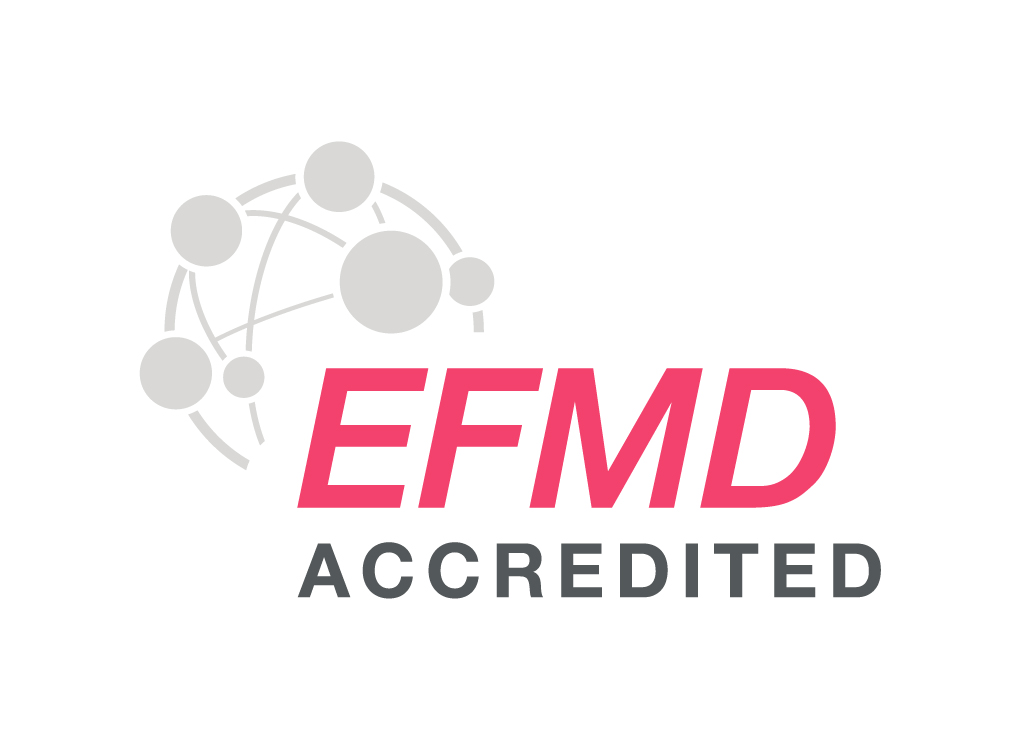
EFMD revises the documentation supporting EFMD Programme Accreditation periodically and updates are usually provided in the first third of each calendar year. QED’s overview of the updates made as part of the 2022 publication, together with an assessment of the significance of the change can be found in this downloadable PDF file.
The 2022 updates are notable as they mark an extensive review, designed to provide “easier orientation” for viewers, as well as reflecting relevant developments and trends. These trends are summarised within this document.
Overall, QED’s view is that the revised documents do not carry significant changes from an accreditation viewpoint. They are easier to follow and reference, plus the increased emphasis perceived in previous updates is continued here – with specific identification of two key areas (digitalisation and research) as areas of focus. These two ‘areas of focus’ are in addition to the normal transversal themes of Internationalisation, ERS and Connections with Practice.
It should be noted that the updates and developments include several changes to the format and content of the EFMD Programme Accreditation Datasheet.
NB: This document represents QED’s interpretation of the EFMD Accredited Updates. We recommend that you view the updated documents directly – which are available from EFMD’s website
As above, QED’s summary of the updates across the key documents is available in this downloadable PDF file.
For advice and further details on any of the above, please contact the QED Accreditation Team at info@QEDaccreditation.com.
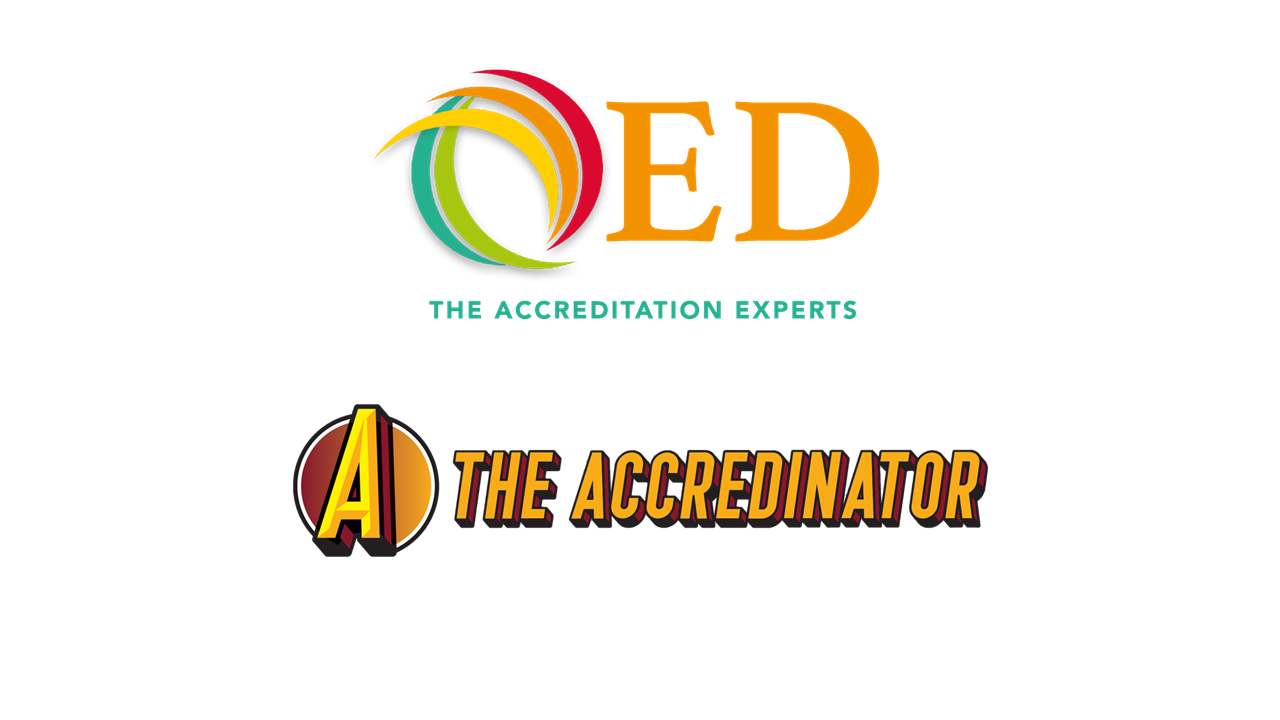
Key updates for Accredinator in January 2022 Read on to learn about updates….

Accredinator V1.25 was launched at the end of October 2021. Read on to learn about updates….

QED has listed the costs and fees associated with each of the accreditation bodies (#1 above), valid as of 26 October 2021. These can be viewed here.

H2 Software has launched the following updates to Accredinator.
The Accredinator is a software application that helps business schools with accreditation requirements for AACSB, AMBA and EFMD. You can learn more about The Accredinator (including booking a free demo) here.

Pro-active management of risk has assumed a higher significance in recent years – including in the higher education sector. More recently, both AACSB and EFMD require business schools seeking international accreditation to provide details about risk management and contingency planning. Many schools are now seeking to prepare a formal, school-level risk register or risk management template. There are many ways to approach this exercise. QED has provided a sample overview and template register that may be useful for those schools approaching this exercise for the first time.
QED’s overview and example approach is available in this downloadable PDF file.
(Please note, you may have to log in download this file)
For advice and further details, please contact the QED Accreditation Team at info@QEDaccreditation.com.
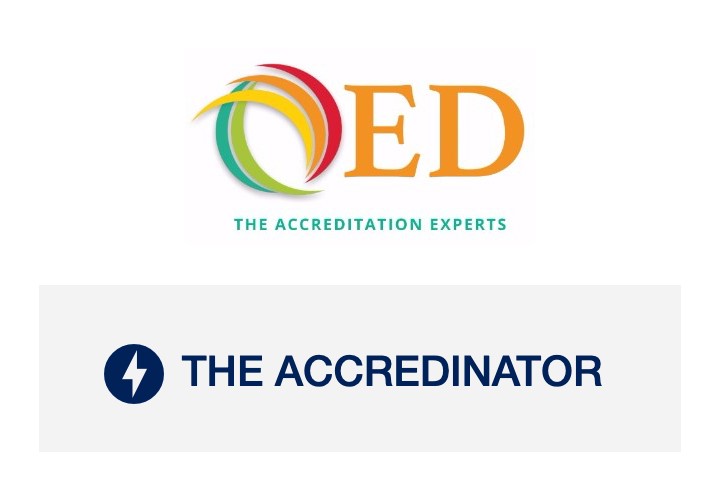
One of the frequent questions that arises in Accredinator Demo Sessions is whether the software integrates with Google Scholar. The answer – we’re delighted to say – is yes!
The Accredinator offers a seamless integration with Google Scholar.
Schools can import any faculty publications from Google Scholar through the easy-to-use interface. The short video included provides a quick tour of this accessible integration feature.
This is particularly useful where:
The Accredinator is a software application that helps business schools with accreditation requirements for AACSB, AMBA and EFMD. You can learn more about The Accredinator (including booking a free demo) here.

The Accredinator is a software application that helps business schools with accreditation requirements for AACSB, AMBA and EFMD. The software was developed by H2 Software. The application enables Business Schools to manage one underlying database with an easy-to-use interface that produces the required accreditation tables for faculty and publications. You can learn more about The Accredinator (including booking a free demo) here.
The team at QED is delighted to work with Professor Hans van der Heijden (University of Sussex, UK and H2 Software) on this valuable addition to our portfolio of accreditation services.
Recent Comments